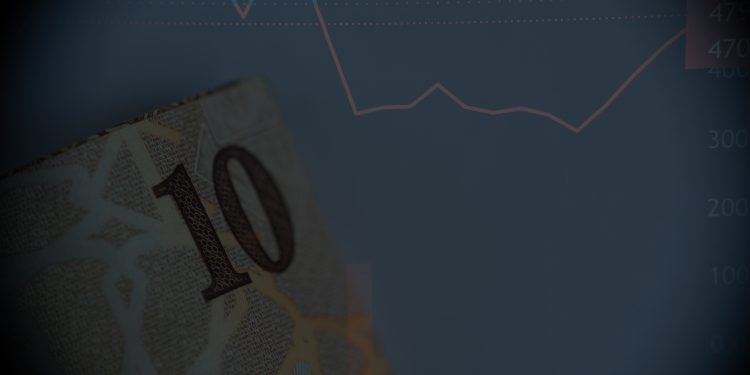Saudi Arabia’s Rising Influence in Global Financial Markets
Saudi Arabia is positioning itself as a key player in global fixed income and debt markets, driven by its ambitious Vision 2030 initiative. This transformation is fueled by extensive construction projects and infrastructure development, necessitating diversified financial strategies and effective risk management.
At the Debt Markets and Derivatives Forum 2024 in Riyadh, experts highlighted the Kingdom’s growing engagement with fixed income, debt, and derivatives, underscoring their critical role in Saudi Arabia’s financial growth.
Financing Vision 2030
Vision 2030 has led to significant investments in infrastructure, largely financed through debt. The Kingdom now leads in concrete consumption per capita, surpassing China, a testament to its rapid development. Rob Langrick from the Chartered Financial Analyst Institute emphasized that debt financing is crucial, noting Saudi Arabia’s leadership in both concrete usage and fixed income issuance.
Since Vision 2030’s launch, Saudi Arabia has become a major player in the bond market, especially with dollar-denominated fixed income, surpassing China as the leading emerging market issuer.
Future Debt Issuance and Green Bonds
Despite its substantial bond issuance, Saudi Arabia has room to further increase its debt, with a debt-to-GDP ratio around 30%. This provides ample opportunity for financing future projects tied to Vision 2030. The Kingdom is also focusing on sustainable finance, with green bonds seen as a potential growth area due to its renewable energy capabilities.
Developing the Derivatives Market
Saudi Arabia’s derivatives market, launched in 2020, is in its early stages but shows promise. Jalal Faruki from Saudi National Bank noted that stock lending has significantly driven market growth recently. Educating retail investors about derivatives’ potential to hedge risks and enhance returns is crucial as the market matures.
Importance for Sovereign Wealth Funds
As Saudi Arabia’s Public Investment Fund aims to become the world’s largest by 2030, mastering fixed income and derivatives is essential. These markets offer stable returns and sophisticated risk hedging tools, crucial for managing international market complexities. Langrick highlighted the importance of these instruments for long-term financial sustainability.
By advancing in these financial areas, Saudi institutions can ensure sustainable growth and economic stability.


